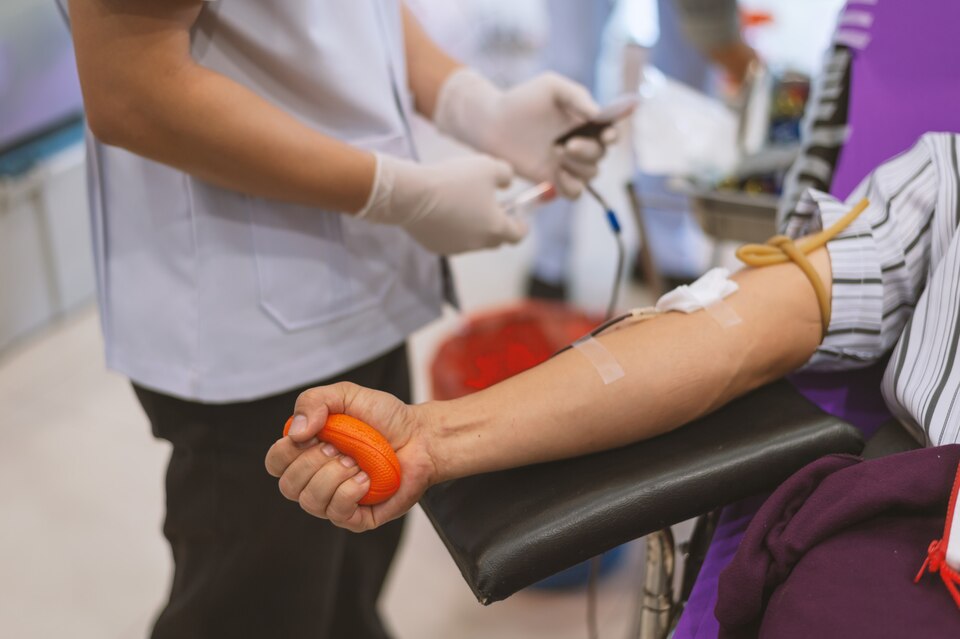Whole Blood Donation:
Giving the "right" type of blood donation - based on your blood type and patient needs - helps ensure the best use of your valuable contribution. Whole blood donation involves giving a unit of blood, which is later separated into its individual components for various medical treatments.
Platelet Donation:
Platelet donation is crucial for patients undergoing treatments like chemotherapy. Platelets are tiny blood cells that help in clotting, and donating them individually ensures a concentrated and effective supply for those in need.
Plasma Donation:
Plasma, the liquid part of blood, contains essential proteins and antibodies. Plasma donation is vital for patients with clotting disorders and immune deficiencies. It plays a key role in treating various medical conditions.
Double Red Cell Donation:
This type of donation focuses on collecting red blood cells specifically. It is suitable for individuals with certain blood types and is particularly beneficial for patients with chronic illnesses, anemia, or those undergoing major surgeries.
Directed Donation:
Directed donation allows individuals to donate blood for a specific person, often a family member or friend undergoing surgery or medical treatment. It ensures a targeted and immediate supply for the intended recipient.
Cord Blood Donation:
Cord blood, collected from the umbilical cord after childbirth, contains stem cells. Cord blood donation is valuable for treating various diseases, especially in cases where a compatible bone marrow donor is not available.

